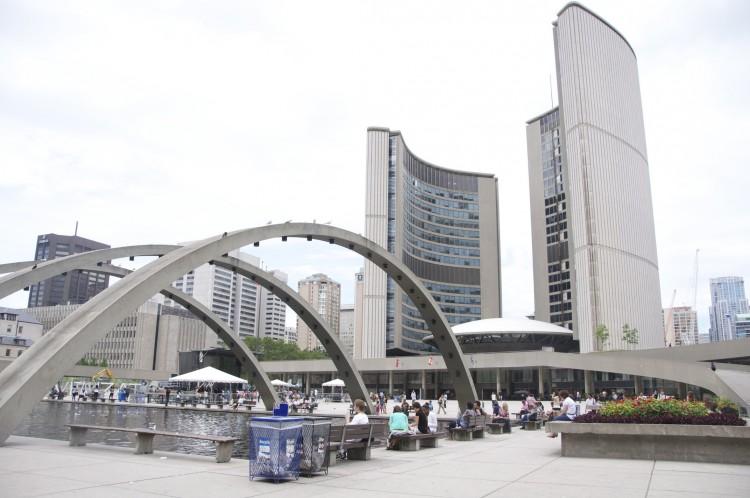Commentary
Toronto’s municipal political arena has been quite the spectacle lately. It could turn into a political nightmare by the summer.

Toronto’s municipal political arena has been quite the spectacle lately. It could turn into a political nightmare by the summer.